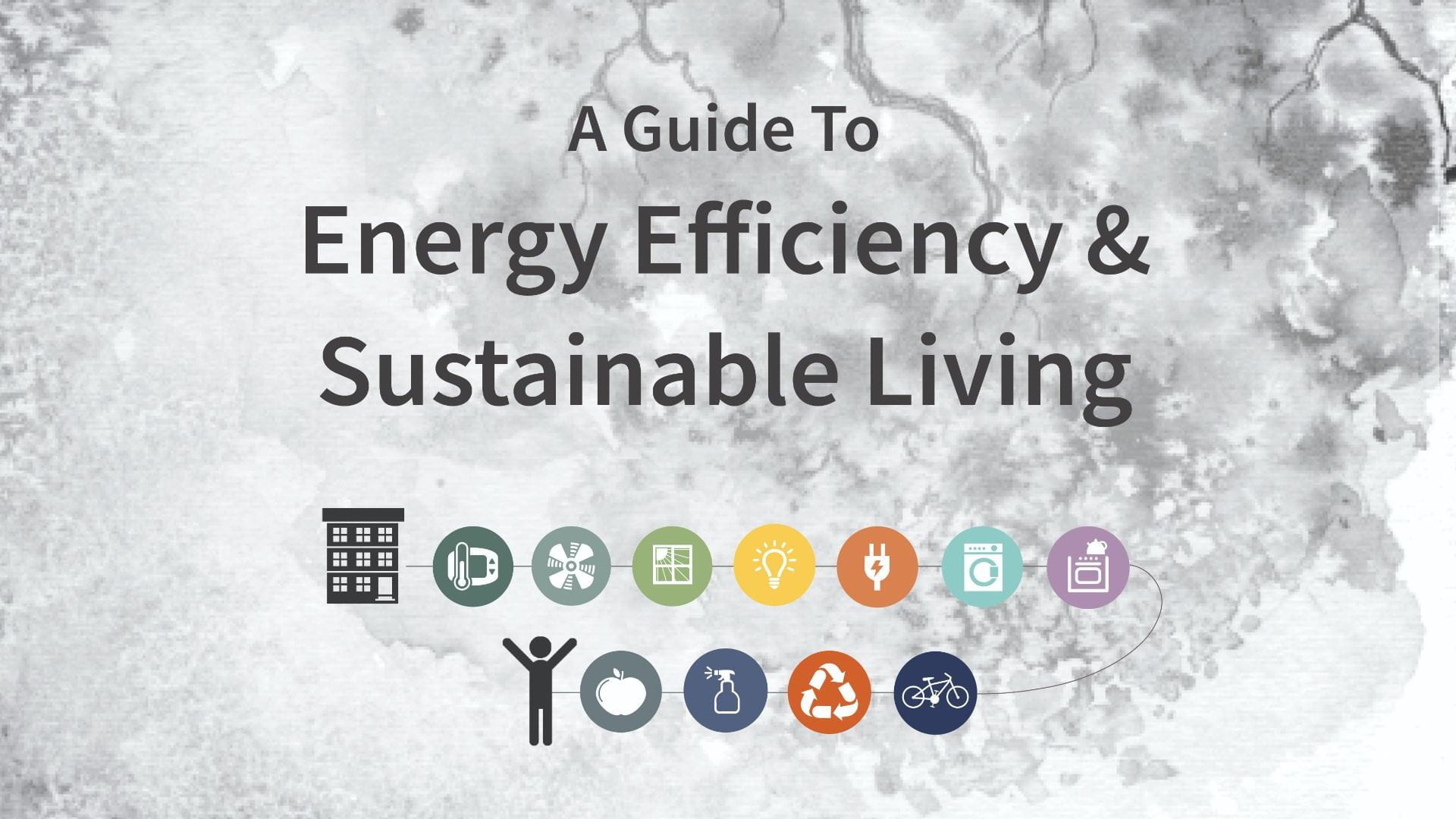
Washington University in St. Louis is committed to increasing community awareness of energy efficiency and sustainable living by empowering students, staff, and faculty to make informed decisions wherever they live.
We are only beginning to feel the worsening impacts of climate change, including rising sea levels, flooding, drought, the spread of vector-borne diseases, migrant crises, and famine. These impacts universally threaten public health, ecological systems, and economic stability. It is paramount that this generation takes immediate and multi-faceted steps to live in better balance with the intricate ecosystems that we depend on.
Locally, St. Louis faces a complex network of challenges related to health and the environment. For example, St. Louis has one of the highest child asthma rates in the country due to air pollution, and hundreds of households face high energy burdens (the percentage of income spent on utilities), especially in low income and Black communities. Your actions to decrease energy usage can reduce greenhouse gas emissions, increase air quality, and combat respiratory disease.
Explore the digital version of the guide
Download the Energy Efficiency & Sustainable Living Guide
Table of Contents

Thermostats

Laundry

Outlets
Fans

Kitchen & Bath

Products

Windows

Food

Transportation
Lighting

Waste
Additional Resources
Swap your light bulbs for LEDs
Thanks to Ameren Missouri Energy Efficiency Education program, the Office of Sustainability is able to offer free ENERGY STARS LED light bulbs to anyone who would like to swap out their CFL and/or incandescent bulbs, as well as their non-working LED bulb(s). More info here.
Swap conventional for low-flow showerheads
If you live on the South 40
Great news! Since the summer of 2017, WashU has transitioned to high efficiency plumbing fixtures across the South 40, with the installation of 1,273 low-flow showerheads! Read more about this project here.
If you live in off-campus WashU housing
WashU off-campus living, Quadrangle Housing, can install low-flow showerheads upon request. Email quadrangle@wustl.edu to ask for a low-flow showerhead in your residence.
For everyone else
We recommend using the Ameren online store to browse for affordable low-flow plumbing fixtures. Aim for a maximum of 1.8 gallons per minute (gpm) for true water and energy savings!

